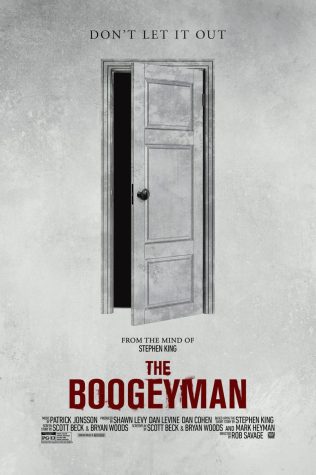Proposition 61 lowers pharmaceutical drugs costs
November 3, 2016
Proposition 61 attempts to forcibly reduce the price of medication for citizens by capping the maximum a state agency can pay for drugs to the lowest price negotiated by the U.S. Department of Veterans Affairs for the drug in question.
This imposes no direct restrictions of pharmaceutical companies, and would require the state government to start negotiating the prices paid for medication.
Both the campaign for Proposition 61 and the campaign against it claim the support of doctors and diverse organizations, and avoid mentioning being supported by segments of the pharmaceutical industry.
Sen. Bernie Sanders lent his voice to the yes campaign saying, “One out of five people, when they get a prescription from a doctor, can’t even afford to buy that prescription. People are dying in this country because they can’t afford the medicine.”
The doctors on both sides agree that something needs to be done about the price of medication, but the California Medical Association said, “We evaluated this measure and have concluded it is deeply flawed and unworkable. We believe the measure would likely increase — not lower — state prescription drug costs.”
Sanders placed heavy blame for price gouging on the pharmaceutical industry, saying they are ripping off the American people. He pointed to the drastically lower prices just over the border in Canada, and said, “We pay the highest prices in the world for our medicine.”
He said the solution is to “do what every other major country on earth does” and negotiate prices.
The pharmaceutical industry spends more on advertising than developing new drugs and more than $3 billion since 1988 lobbying, Sanders said.
On the downside, the pharmaceutical industry could collectively refuse to cooperate at all. There’s nothing that actually requires them to sell anything to the state at any price. If they are willing to eat the loss in profit, and the public backlash, they could hold the sick of California hostage.
Optionally, pharmaceutical companies could circumvent the issue by raising the prices the Department of Veterans Affairs pays, which has lead various veterans’ organizations to endorse the no campaign.
The yes campaign countered this concern, saying pharmaceutical companies can’t raise VA prices at will, because some of the discount is required by law.
The three polls taken on the issue so far, the most recent on Sept. 13, show the proposition passing easily, with bipartisan support. However the margin Proposition 61 would pass by has shrunk with each poll.
Kathy Fairbanks, a spokeswoman for the no on 61 campaign said, “The more voters read it, the more they don’t like it.”
This could be the result of disparities in fundraising though. The no campaign has raised nearly $109 million, while the yes campaign raised under $15 million.
Fairbanks said the fundraising is necessary because running a campaign in California is expensive. “There’s a lot competing for voters’ attention,” she said.
The no campaign claims Proposition 61 will raise prices, because it won’t be applied evenly, because it was written by partisan groups.
The no campaign has emphasized the involvement of Michael Weinstein, the founder and president of the AIDS Healthcare Foundation because his own organization is exempt from the effects of the proposition.













Ross James • Nov 4, 2016 at 6:51 am
No one talks about the money backing Yes — and how it comes from a “nonprofit” that profits from gay men with HIV and AIDS, while excluding most of them from potential benefits of this scheme.